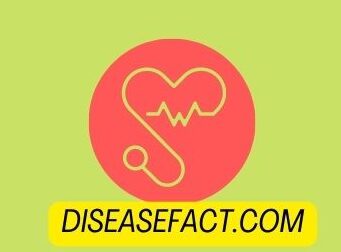Gastritis is a medical condition that occurs when the lining of the stomach becomes inflamed. There are several possible causes of gastritis, including infection with the bacteria Helicobacter pylori, excessive alcohol consumption, prolonged use of nonsteroidal anti-inflammatory drugs (NSAIDs), autoimmune diseases, and stress.
-
symptoms-
Symptoms of gastritis can vary from person to person and can range from mild to severe. Some common symptoms of gastritis include:
- Abdominal pain or discomfort: This is one of the most common symptoms of gastritis. The pain may be dull or sharp and may be located in the upper abdomen.
- Nausea and vomiting: Gastritis can cause feelings of nausea and may lead to vomiting.
- Loss of appetite: Gastritis can cause a decrease in appetite, which may lead to weight loss.
- Bloating and gas: Gastritis can cause bloating and gas, which may make the stomach feel full and tight.
- Belching: Belching or burping may occur more frequently in people with gastritis.
- Heartburn: Gastritis can cause a burning sensation in the chest, which is known as heartburn.
- Indigestion: Gastritis can cause indigestion, which may cause discomfort and a feeling of fullness after eating.
- Black, tarry stools: If gastritis is caused by bleeding in the stomach, the stool may appear black and tarry.
Gastritis feels like heart attack-
While chest pain or discomfort is a common symptom of both gastritis and heart attack, the type of pain may be different. Gastritis pain is typically a burning or gnawing sensation that is felt in the upper abdomen, whereas heart attack pain may feel like a pressure, squeezing, or tightness in the chest that may spread to other parts of the body.
Other symptoms of a heart attack may include shortness of breath, sweating, lightheadedness, and nausea or vomiting. If you are experiencing any of these symptoms, you should seek medical attention immediately, as a heart attack can be a life-threatening emergency.
If you are unsure whether your symptoms are due to gastritis or a heart attack, it is important to seek medical advice to get an accurate diagnosis and appropriate treatment.
Gastritis treatment at home-
- Avoid trigger foods: Certain foods can worsen gastritis symptoms. Common trigger foods include spicy or acidic foods, fried and fatty foods, and caffeine. It is best to avoid these foods until your symptoms improve.
- Eat smaller, more frequent meals: Eating smaller meals throughout the day can help reduce the workload on your stomach and prevent symptoms of gastritis.
- Stay hydrated: Drinking plenty of water can help soothe your stomach and prevent dehydration, which can worsen symptoms.
- Avoid alcohol and smoking: Both alcohol and smoking can irritate the stomach lining and make gastritis symptoms worse.
- Reduce stress: Stress can increase stomach acid production and worsen gastritis symptoms.
Can gastritis kill you-
In addition, certain underlying conditions that can cause gastritis, such as autoimmune diseases and chronic alcohol abuse, can have serious health consequences if left untreated.
Therefore, it is important to seek medical attention if you are experiencing symptoms of gastritis, especially if they are severe or if you have a history of stomach ulcers or bleeding. Your doctor can perform tests to determine the cause of your gastritis and provide appropriate treatment to prevent complications.
